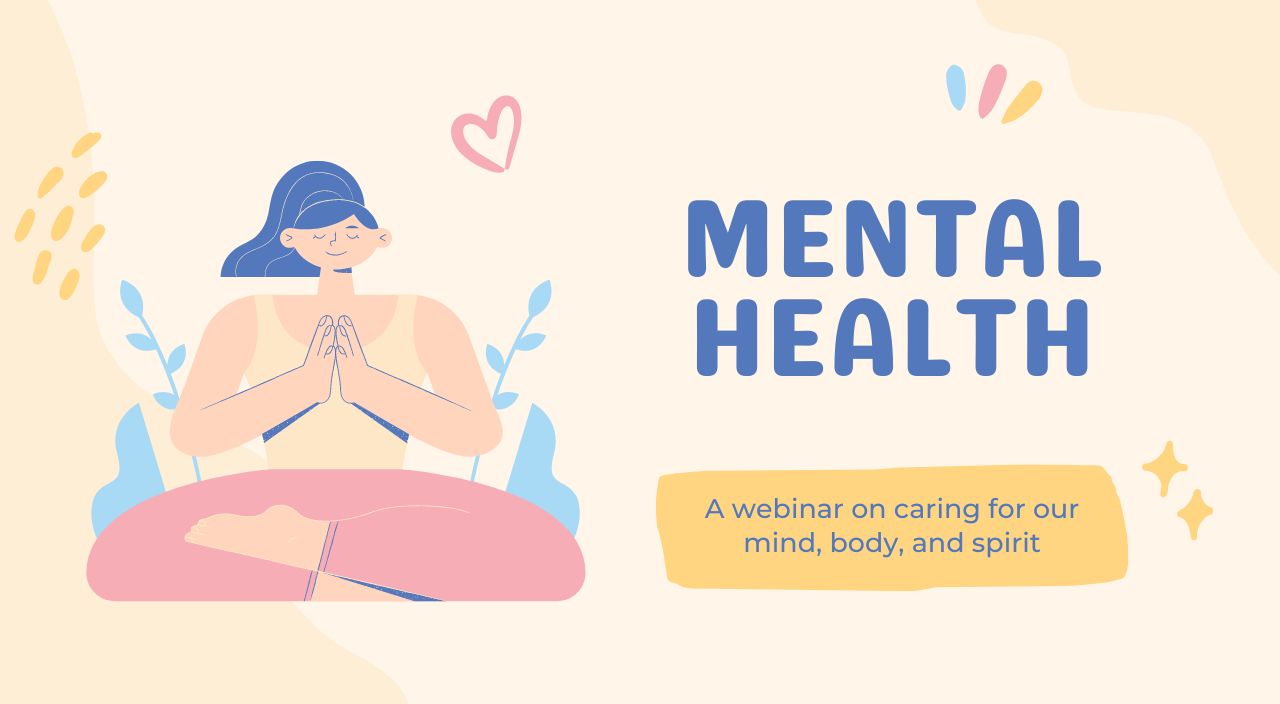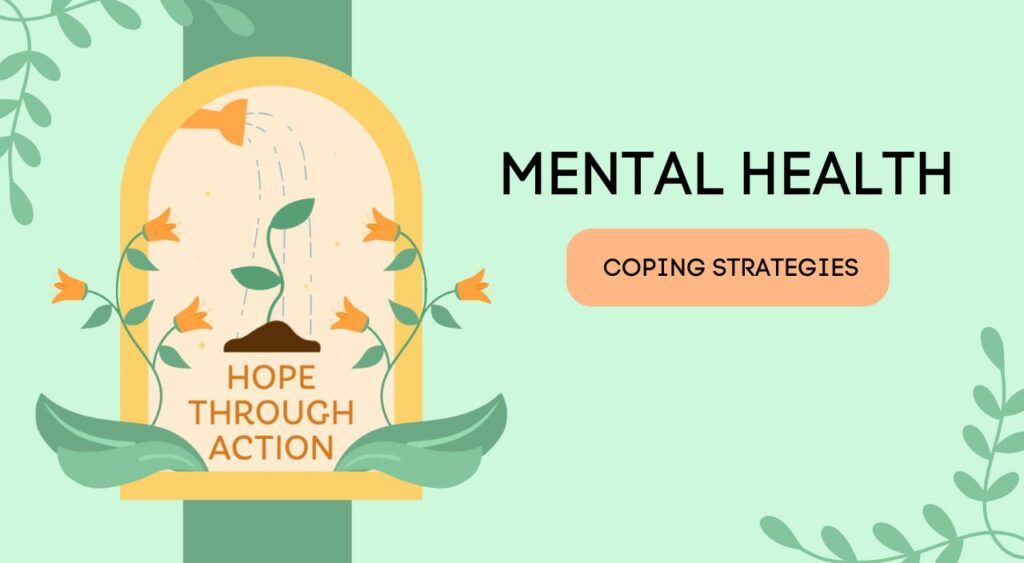In today’s digital world, mental health affiliate programs present a fantastic opportunity to generate passive income while promoting wellness products that genuinely help people. As mental health awareness continues to rise globally, more individuals are seeking online therapy, mental wellness tools, and health services, creating a booming industry for affiliate marketers. Whether you are new to affiliate marketing or a seasoned professional, this guide will walk you through some of the best mental health affiliate programs and strategies for making passive income.
What Makes a Good Mental Health Affiliate Program?
When choosing a mental health affiliate program, there are several key features to consider. The most successful programs typically offer a high commission rate, a long cookie duration, and flexible payment options. Look for these attributes when evaluating affiliate opportunities:
- Commission rate: Higher rates mean more earnings per sale.
- Cookie duration: The longer the cookie window, the more time you have to earn commissions after someone clicks your link.
- Payment options: Look for programs that offer direct deposit, PayPal, or Payoneer to receive your commissions seamlessly.
| Program | Commission Rate | Cookie Duration | Payment Options |
|---|---|---|---|
| Online-Therapy.com | $100 per sale | 90 days | PayPal, direct deposit |
| Calmerry | $150 per sale | 30 days | PayPal |
| Talkspace | $12 per sale | 3 days | PayPal, bank transfer |
| Flow Neuroscience | 15% per sale | Not listed | Bank transfer, PayPal |
| Muse Meditation | 10% per sale | 30 days | PayPal, bank transfer |
Top Mental Health Affiliate Programs for Passive Income
Here are some of the best mental health affiliate programs that offer excellent potential for passive income:
1. Online-Therapy.com
- Commission: $100 per new client
- Cookie Duration: 90 days
- Why It’s Great: Online-Therapy.com offers a comprehensive web-based therapy platform based on cognitive behavioral therapy (CBT). With the increasing demand for online therapy services, this program is ideal for generating passive income as clients may return for ongoing sessions.
- Promotion Tip: Write blog posts focused on the benefits of online therapy and how it fits into today’s fast-paced lifestyle.
2. Calmerry
- Commission: $150 per sale
- Cookie Duration: 30 days
- Why It’s Great: Calmerry offers affordable online therapy with a focus on flexibility and accessibility. The high commission rate makes this a lucrative program for affiliates.
- Promotion Tip: Create content around mental health self-care tips and feature Calmerry as a resource for affordable therapy.
3. Talkspace
- Commission: $12 per sale
- Cookie Duration: 3 days
- Why It’s Great: As one of the most recognized online therapy platforms, Talkspace is known for its ease of use and celebrity endorsements. While the commission is lower, the brand recognition makes it easier to promote.
- Promotion Tip: Write comparison articles that pit Talkspace against traditional therapy options to highlight its convenience and affordability.
4. Flow Neuroscience
- Commission: 15% per sale
- Cookie Duration: Not listed
- Why It’s Great: Flow Neuroscience offers a non-invasive medical device to treat depression, which is unique in the mental health space. Affiliates can earn a percentage of each sale, with the potential for high-ticket earnings due to the device’s price point.
- Promotion Tip: Focus on creating detailed product reviews that explain how the device works and its benefits for treating depression.
5. Muse Meditation
- Commission: 10% per sale
- Cookie Duration: 30 days
- Why It’s Great: Muse is a well-known meditation tool that helps users track their brain activity while meditating, making it a hit with mindfulness and meditation enthusiasts.
- Promotion Tip: Create video content showcasing how the Muse device helps users develop consistent meditation habits.
Step-by-Step Guide to Joining and Succeeding in Mental Health Affiliate Programs
If you’re just starting out, here’s a step-by-step guide to help you get the most out of mental health affiliate marketing:
Step 1: Finding the Right Program
Choosing the right affiliate program is key to your success. Look for programs that match your audience’s interests and needs. For example, if your audience is focused on wellness and mindfulness, promoting Muse might be a better fit than an online therapy program.
- Resource: Check out our Getting Started Online guide for help with your affiliate journey.
Step 2: Creating Valuable Content
To succeed as an affiliate, you need to produce high-quality content that resonates with your audience. Here are a few content ideas:
- Write blog posts comparing different mental health products.
- Create video tutorials showcasing how products like Flow Neuroscience or Muse can help users.
- Promote products on social media by sharing personal stories about how they have impacted your well-being.
- Resource: Our guide on Wealthy Affiliate Review can help you build an online marketing strategy.
Step 3: Optimizing for SEO
Search engine optimization (SEO) is crucial for driving organic traffic to your affiliate links. Focus on targeting long-tail keywords like “best mental health apps” or “how to reduce anxiety with therapy tools” to attract niche audiences.
- SEO Tips:
- Keyword Research: Use tools like Jaxxy Keyword Tool, Ubersuggest or Ahrefs to find mental health-related keywords.
- On-Page SEO: Optimize titles, meta descriptions, and internal links within your content to improve rankings.
Step 4: Ethical Promotion
Mental health is a sensitive topic, and it’s important to promote products responsibly. Always ensure that the products you recommend are backed by credible sources, and avoid making misleading claims.
- Tip: Stick to affiliate programs that offer evidence-based solutions, like Online-Therapy.com or Talkspace.
Case Studies – Success Stories in Mental Health Affiliate Marketing
Real-life examples can help illustrate how to succeed in mental health affiliate marketing:
1. Blogger X Earning $1,000+ with Calmerry
Blogger X successfully targeted an audience looking for affordable online therapy. By writing comparison articles and offering special discount codes, they were able to drive significant traffic to Calmerry, earning over $1,000 per month.
2. YouTuber Y Using Flow Neuroscience
YouTuber Y focused on a niche audience interested in non-invasive depression treatments. By creating product reviews and demonstrating how Flow Neuroscience works, they were able to build a steady stream of passive income.
SEO and Keyword Strategy for Mental Health Products
One of the best ways to promote mental health affiliate programs is through SEO. By focusing on high-traffic keywords, you can drive more people to your content and increase your affiliate earnings.
- Keyword Research Tools: Use Ubersuggest, Ahrefs, or Google Keyword Planner to find mental health-related keywords that aren’t overly competitive.
- Example Keywords:
- Best mental health apps
- Online therapy options
- Mindfulness tools for stress reduction
Complementary Monetization Strategies
In addition to affiliate marketing, you can increase your income by diversifying your monetization strategies. Here are some ideas:
- Sponsored Content: Reach out to mental health brands for paid reviews or promotions.
- Membership Programs: Offer exclusive content, like mindfulness or meditation courses, to paying members.
- Webinars and eBooks: Create mental health-related resources to sell directly on your website.
Conclusion
The growing demand for mental health products offers an incredible opportunity to build a passive income stream through affiliate marketing. By partnering with the right programs, creating valuable content, and optimizing your SEO, you can tap into this growing industry and promote products that make a real difference.
If you’re ready to start earning with mental health affiliate programs, consider signing up for platforms like Calmerry or Online-Therapy.com. With the right strategy, you can make a positive impact on your audience while building a sustainable source of passive income.
FAQs About Mental Health Affiliate Programs
1. What is a mental health affiliate program?
- A mental health affiliate program allows you to promote mental health products or services, such as therapy platforms, meditation tools, or mental wellness apps, in exchange for a commission on every sale or referral you generate. These programs often involve recommending products that aim to improve mental well-being, which can include online therapy, books, or medical devices.
2. How much can I earn from a mental health affiliate program?
- Earnings depend on the commission rate and the number of sales you generate. Commission rates vary across programs but can range from $10 per sale to over $150 per sale for more premium services like online therapy. Some programs, like Calmerry and Online-Therapy.com, offer higher payouts of $100-$150 per referred customer.
3. How do I get paid for promoting mental health affiliate programs?
- Most affiliate programs offer various payment options, including PayPal, direct deposit, and Payoneer. Some programs also use bank transfers or check payments. It’s important to check the specific program’s payout structure, which may require a minimum payout threshold before you can receive earnings.
4. What is a cookie duration, and why is it important?
- The cookie duration is the length of time an affiliate link tracks a user’s activity after they click on it. For example, if a program has a 30-day cookie window, you’ll earn a commission if the user makes a purchase within 30 days of clicking your affiliate link. Longer cookie durations give you a better chance of earning commissions.
5. Do I need a website to join mental health affiliate programs?
- While having a website can help you effectively promote affiliate products, many programs allow you to market via social media, email newsletters, or even YouTube channels. However, a dedicated blog or website that focuses on mental health content may increase your credibility and drive more traffic to your affiliate links.
6. Are mental health affiliate programs suitable for beginners?
- Yes! Many mental health affiliate programs are beginner-friendly and offer tools to help you succeed, such as banners, social media templates, and email marketing materials. Programs like Muse Meditation and Talkspace are easy to promote for new affiliates. For those just starting, check out Getting Started Online for tips on how to build your affiliate marketing strategy.
7. Can I promote multiple mental health affiliate programs at the same time?
- Absolutely! Promoting multiple affiliate programs can diversify your income streams and offer your audience a wider variety of solutions. For example, you can promote Calmerry for online therapy and Flow Neuroscience for medical devices, catering to different needs in the mental health space.
8. Are there ethical considerations in promoting mental health products?
- Yes, ethical promotion is essential in the mental health niche. You should ensure that the products and services you recommend are credible and provide real benefits to users. Avoid making exaggerated or misleading claims about the effectiveness of the products. Transparency is key, especially when promoting sensitive products like online therapy or mental health devices.
9. What are some high-commission mental health affiliate programs?
- Programs like Online-Therapy.com and Calmerry offer high commissions, with payouts ranging from $100 to $150 per sale. Talkspace offers a lower commission but has a large customer base, which can still make it a profitable option due to its brand recognition and popularity.
10. How do I promote mental health affiliate programs effectively?
- Effective promotion involves creating valuable, SEO-optimized content that resonates with your audience. Write blog posts, product reviews, and social media content that focuses on the benefits of mental health products. Use long-tail keywords like “best mental health apps” or “how to reduce anxiety with online therapy” to drive targeted traffic. For tips on building your marketing strategy, you can explore the Wealthy Affiliate Review.
Additional Resources:


